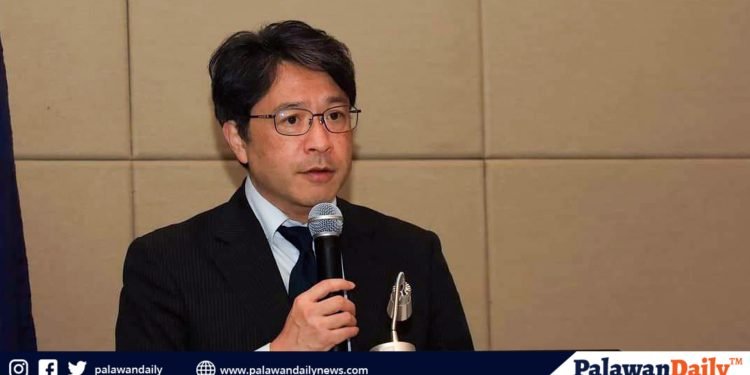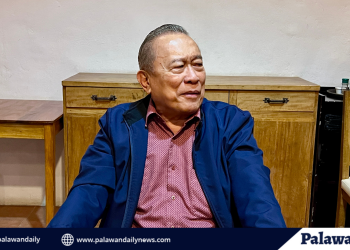The Palawan provincial government has thrown its support behind the “Palawan Nikkei-jin Search Initiative.” This collaborative endeavor, represented during a press conference held at the Best Western Plus Ivy Wall Hotel on September 19, marks an essential step in helping Japan reconnect with its long-lost descendants, particularly the 2nd Generation Nikkei-jin residing in Palawan.
Minister and Consul General to the Embassy of Japan, Hanada Takahiro, graced the conference with a heartfelt appeal to those in attendance, urging them to join in gathering crucial information that will aid in locating the 2nd Generation Nikkei-jin in Palawan.
“Nikkei-jin” is a term used to describe members of a Japanese lineage who formed families outside of Japan’s borders.
In the context of the Philippines, the 2nd Generation Nikkei-jin refers to the spouses and offspring of Japanese immigrants who came to the country from the 19th century until 1945.
Minister Hanada emphasized, “We cannot identify the exact number of Nikkei-jin here in Palawan, which is why we are asking for your help in disseminating information.”
This initiative carries profound historical and cultural significance. It symbolizes the enduring ties between Japan and the Philippines and recognizes the contribution of the 2nd Generation Nikkei-jin to the rich tapestry of Filipino society.
In line with this, the Philippine Nikkei-jin Legal Support Center will conduct the 17th Survey of 2nd Generation Filipino Nikkeijin in the city of Puerto Princesa, as well as the towns of Linapacan and El Nido, from November to December 2023.
This survey involves interviews and document examinations to establish the Japanese heritage of applicants, a crucial step toward obtaining Japanese Nationality legally.
To obtain the necessary documents for this significant interview, interested parties can reach out to Palawan Nikkei-jin Kai President Margarette Sabando Lumauag at 0917-504-3314.
This collaboration not only facilitates the reunion of families but also celebrates the enduring connections between nations and cultures.
It also represents the importance of preserving and cherishing these links that transcend generations that offer a sense of belonging and cultural heritage to those who have long been separated from their ancestral roots.






















Discussion about this post